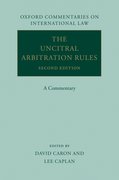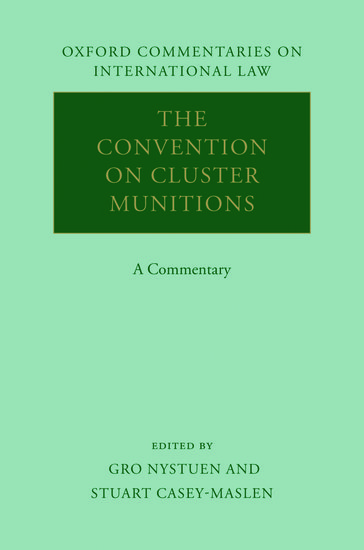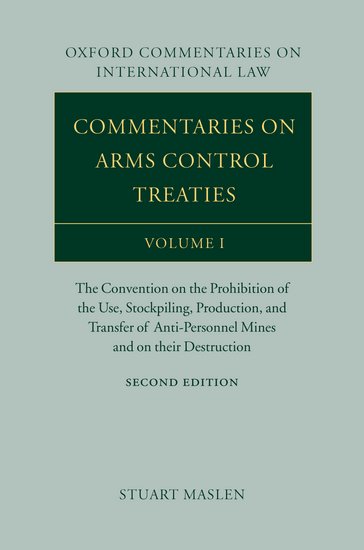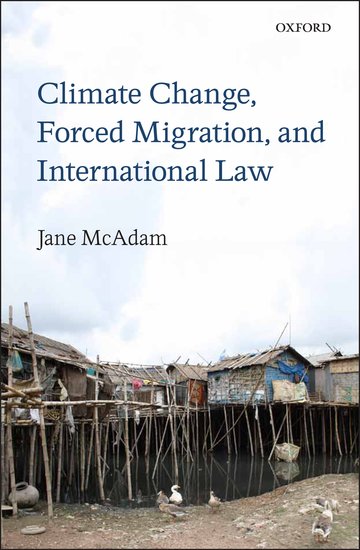Assembling a coherent picture in the Daniel Pelka case
By P.A.J. Waddington
The appalling murder of Daniel Pelka by his mother, Magdelena Luczak, and her partner, Mariusz Krezolek, has yet again been followed by soul-searching and a storm of criticism directed at ‘the authorities’ for their failure to protect Daniel from the child abuse that eventually led to his death.












